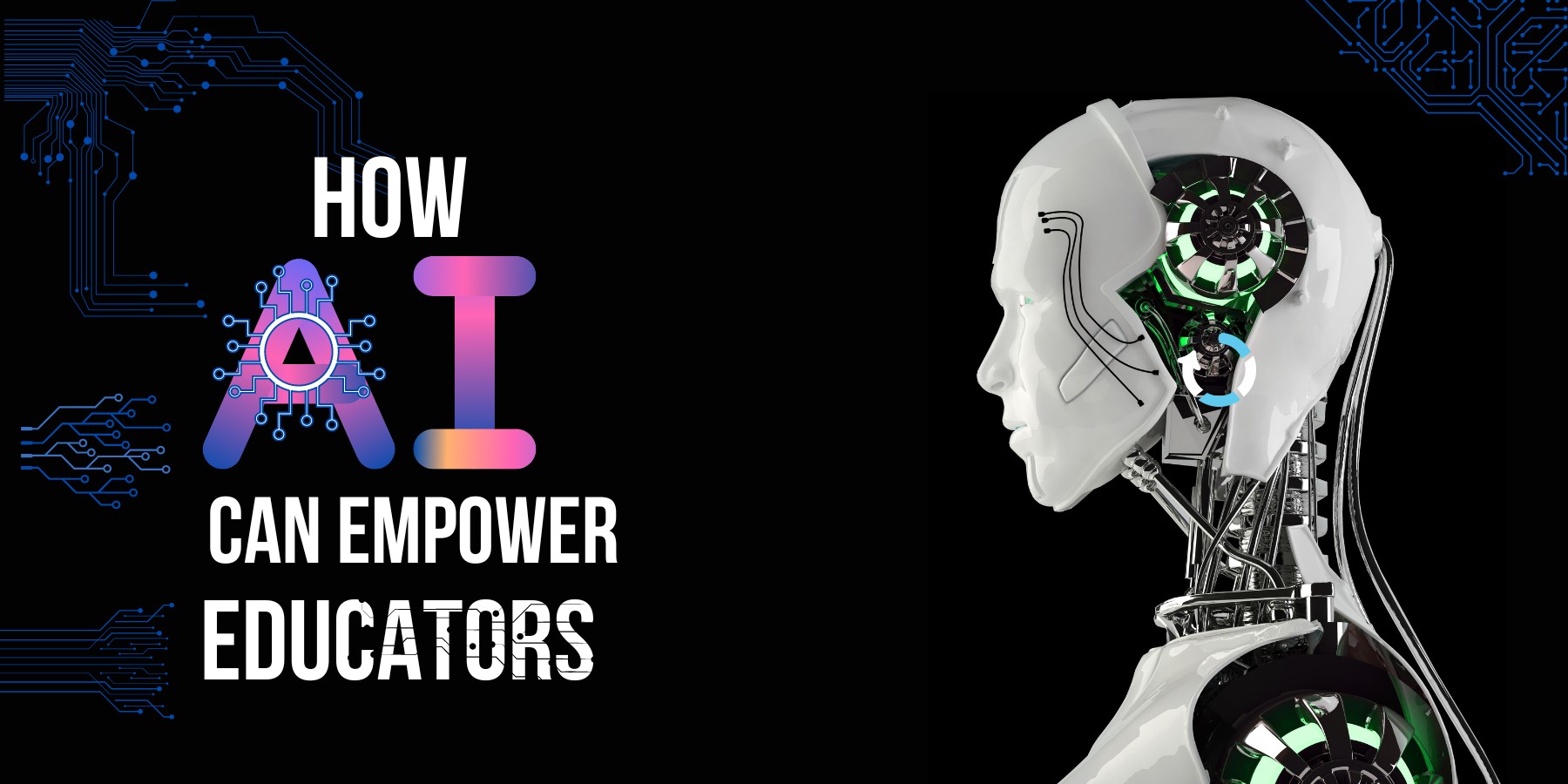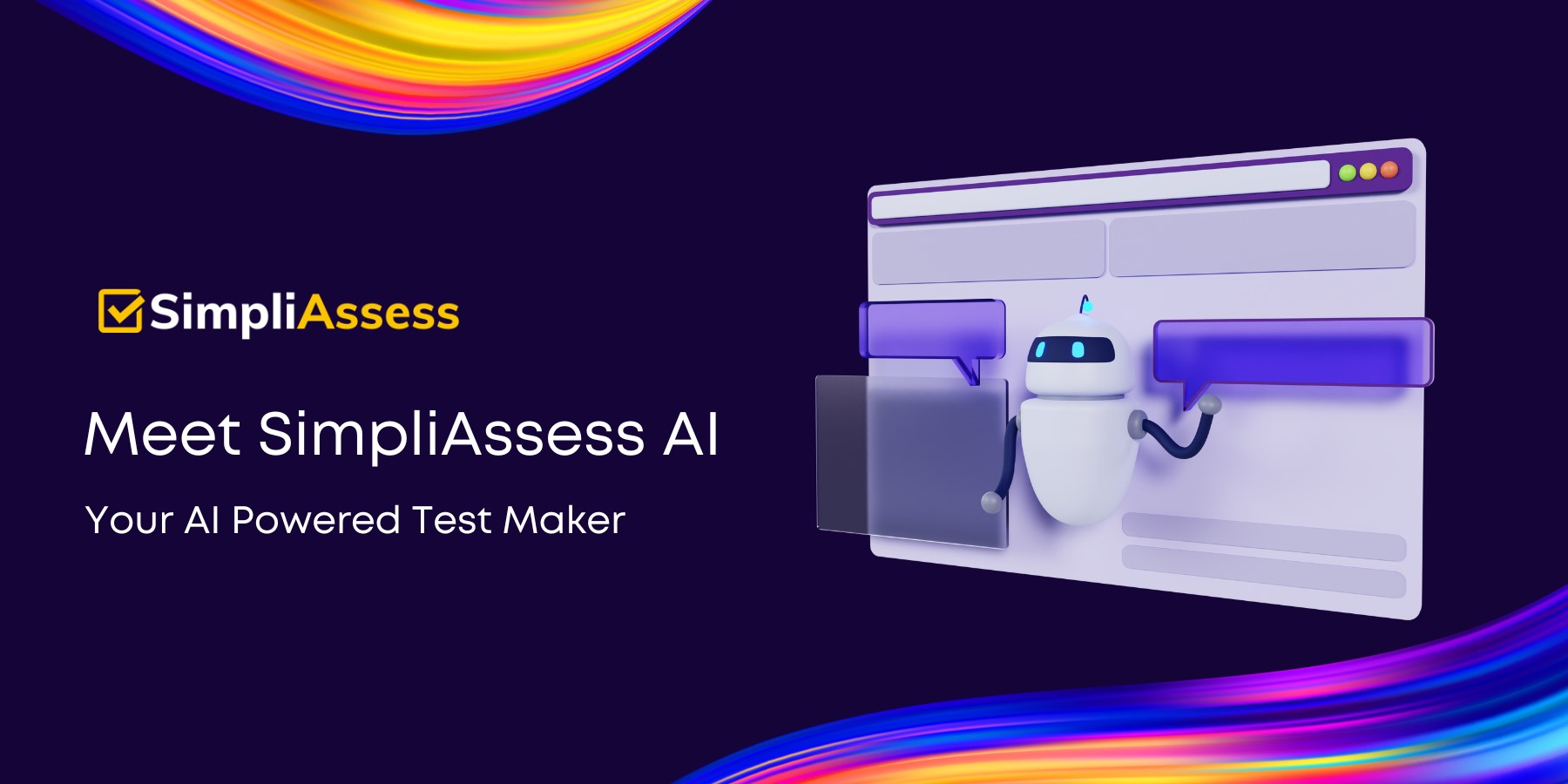
How AI Empowers Educators to Personalize Learning
The world of education is rapidly evolving, and one of the most significant catalysts for this change is Artificial Intelligence (AI). AI has the potential to revolutionize the way we teach and learn, providing educators with powerful tools and resources to enhance their teaching methods and improve student outcomes.
In this blog post, we will explore the ways in which AI can empower educators and transform the education landscape.
Personalized Learning
One of the most important benefits of AI in education is its ability to facilitate personalized learning experiences. AI-powered algorithms can analyze vast amounts of data and generate insights into students’ learning patterns, strengths, and weaknesses. This data-driven approach enables educators to tailor instruction and curriculum to meet individual students’ needs, allowing for a more personalized and effective learning experience. With AI, educators can identify areas where students require additional support, suggest appropriate learning resources, and track progress in real-time, providing targeted interventions and fostering academic growth.

Intelligent Tutoring Systems
AI-powered intelligent tutoring systems can act as virtual tutors, providing personalized guidance and support to students. These systems can assess students’ knowledge and skills, identify areas of difficulty, and offer targeted explanations, feedback, and practice exercises. By leveraging AI, educators can extend their reach beyond the classroom and provide individualized support to students, enhancing their learning experience and promoting independent learning.
Automated Grading and Assessment
Grading and assessment are time-consuming tasks for educators, often taking away valuable instructional time. AI can automate these processes, significantly reducing the burden on teachers. Through machine learning algorithms, AI can evaluate and grade assignments, essays, and even complex problem-solving tasks. This automation not only saves time but also ensures objectivity and consistency in grading, leading to fairer and more accurate assessments.
Smart Content Creation
AI technology can assist educators in creating engaging and interactive learning content. With AI-powered tools, educators can develop visually appealing presentations, videos, and simulations that cater to diverse learning styles. Natural Language Processing (NLP) algorithms can also help in generating educational materials, such as quizzes, worksheets, and lesson plans, based on specific learning objectives. These tools enable educators to enhance their instructional materials, making them more immersive and effective in engaging students.
Predictive Analytics
AI can leverage data analytics to provide valuable insights into student performance and behavior. By analyzing patterns in student data, AI can predict potential learning gaps, identify at-risk students, and provide early interventions. Educators can use these predictive analytics to adjust their teaching strategies, offer additional support, and prevent students from falling behind. With AI, educators can proactively address individual student needs and foster a more inclusive and supportive learning environment.
Conclusion
Artificial Intelligence has the potential to transform education by empowering educators with innovative tools and resources. From personalized learning experiences to intelligent tutoring systems, automated grading, smart content creation, and predictive analytics, AI offers numerous opportunities for educators to enhance teaching methods, improve student outcomes, and create more engaging and effective learning environments.
As AI continues to advance, it is essential for educators to embrace these technologies and leverage their transformative power to unlock the full potential of education in the 21st century.








